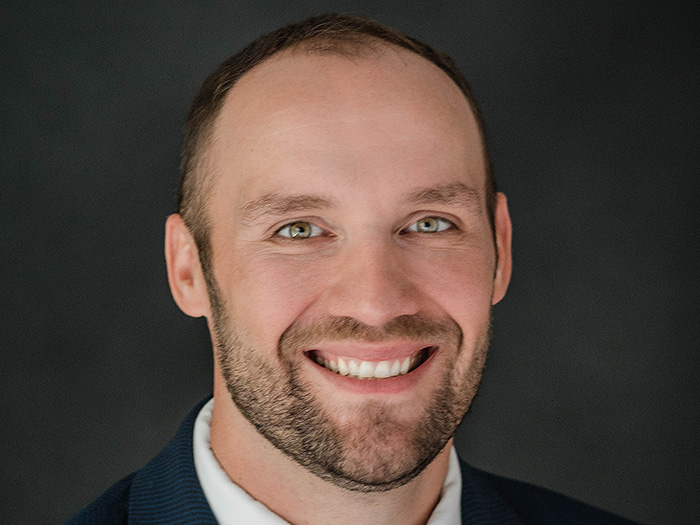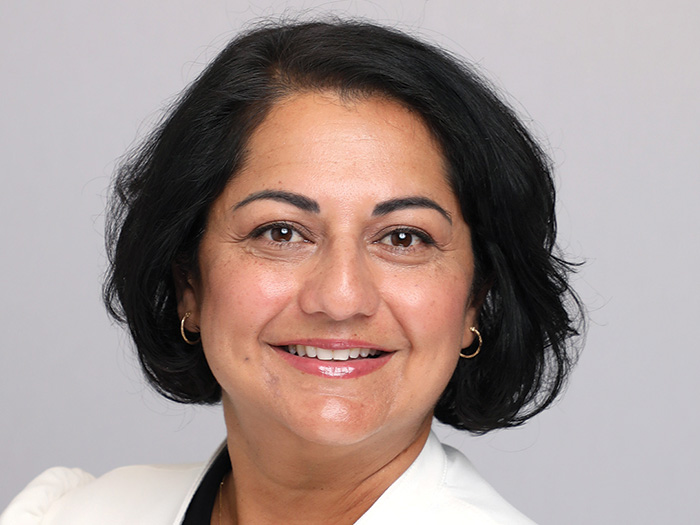Rising Star Michael Boisvert on Health Care Today, Hospitals’ Greatest Challenges and How Data Is the Way Forward


Come see the Stars! As part of our ongoing coverage of the best brokers in the commercial insurance space, Risk & Insurance®, with the sponsorship of Philadelphia Insurance, is expanding its coverage of the Rising Stars — those brokers who represent the next wave of insurance brokering talent.
Look for these expanded profiles on the Risk & Insurance website and in your social media feeds now and throughout 2023.
Here’s our conversation with Michael Boisvert, area vice president, Gallagher, and a 2022 and 2023 Rising Star.
Risk & Insurance: What do you think the health care sector has learned over the course of the past few years in terms of risk management strategy, and how can brokers aid that growth?
Michael Boisvert: Over the past few years, the biggest lesson was the value of contingency plans.
Those policies and procedures that were last resort have been brought into play multiple times over the past few years, whether it was COVID- or hurricane-related, or any number of other things. The value of those plans and having a plan that’s been practiced and reviewed is the biggest takeaway over the past few years — and then sharing that with your peers.
R&I: What exciting opportunities do you expect to see in the next year in the health care sector?
MB: Data is the most exciting spot — how people are using data through the continuum of care, whether it’s primary care all the way through hospice care.
Being more efficient with the sharing of data, which is a challenge from a privacy perspective, but getting through that, and acquisitions help.
R&I: What challenges remain due to COVID and the growth of mergers and acquisitions in the health care space?
MB: The coolest thing that COVID did, especially because I work with a lot of rural hospitals, is establish how important a rural hospital is.
They’re not super profitable, but with COVID, they were 100% necessary, so I think with mergers and acquisitions, it’s a data play that more city-center-based hospitals are acquiring the rural hospitals, and that helps the rural with the data.
For COVID-related lessons, we need the rooms where they are out there. When rural hospitals have closed and been repositioned as outpatient centers — that would be a challenge if there’s another pandemic.
COVID paused, to some degree, the mergers and acquisitions, and they’re picking back up. Both the acquired and the acquiring have something to learn from each other.
R&I: What single piece of advice would you give to a new broker in your space?
MB: Specialize. Whether it’s rural health or health care more generally, or higher ed, I think the biggest thing that we’re going to see over the next 10 years is more assistance and leveling of the playing field on general risk, mainly due to machine learning and AI.
If it’s a vanilla thing that you aren’t adding a lot of value on that’s at risk, but if you’re super specialized and you’re doing something that your clients will call you on a Saturday morning about, you’re safe.
R&I: Explain your brokerage philosophy and how it manifests in terms of client service.
MB: I came up and started my career as an assistant account manager, and then an account manager and then an account executive. I came up through the service side, and that’s super important to me.
As a producer and broker, I think that’s a little bit unique. Timeliness is important from an urgency perspective, but I think delivering on the important things and not getting lost in the day-to-day, keeping your head above it and focusing on improving the risk profile is key.
When I say that, I am thinking of property right now, which is a real challenge for a lot of hospitals. They’re dealing with aging infrastructure, so [I’m] helping them tell their story as well as I can and not missing the good things that they’re doing.
From a strategy perspective, it’s embedding yourself and understanding that conversation with the underwriter. Being able to tell their story and getting them in front of underwriters so they can tell their own story — that’s the most important thing. &










